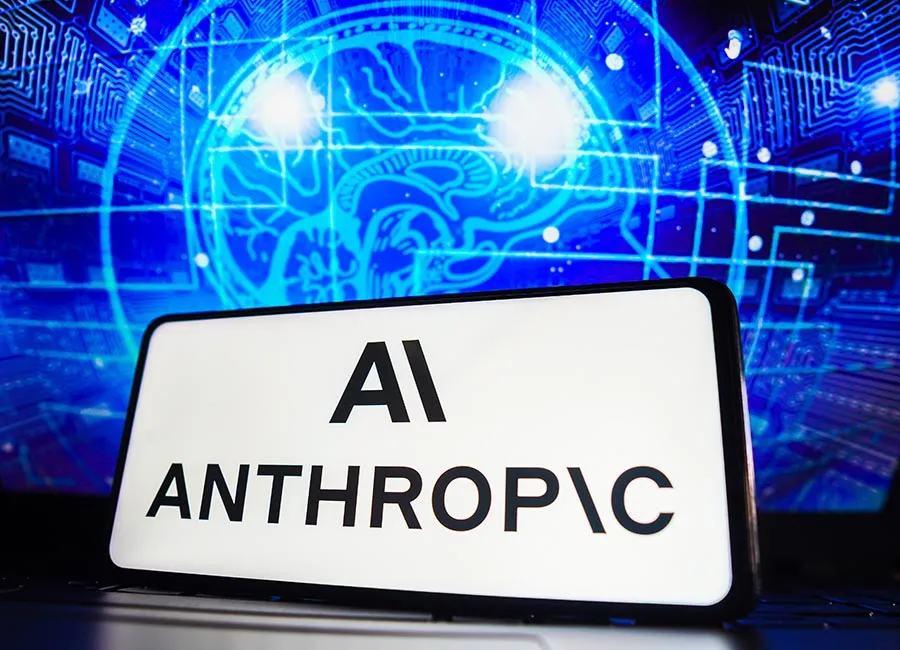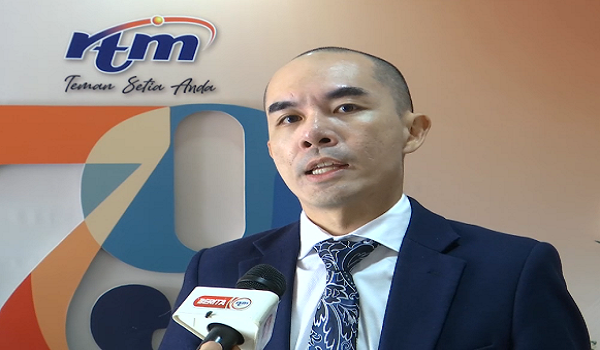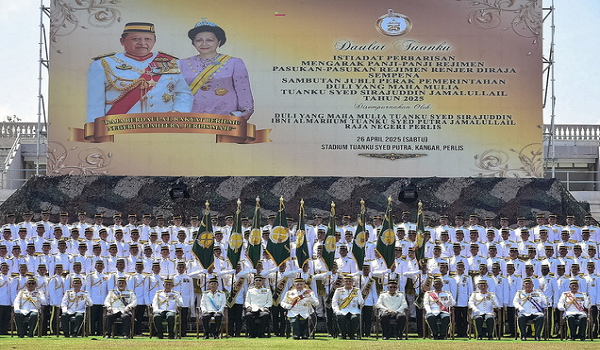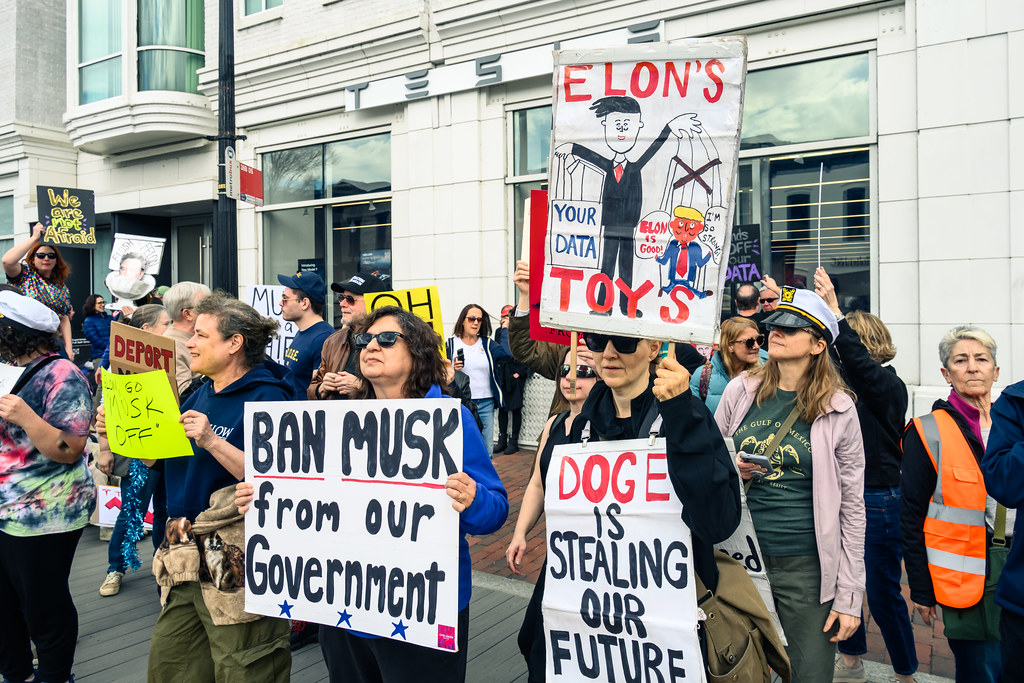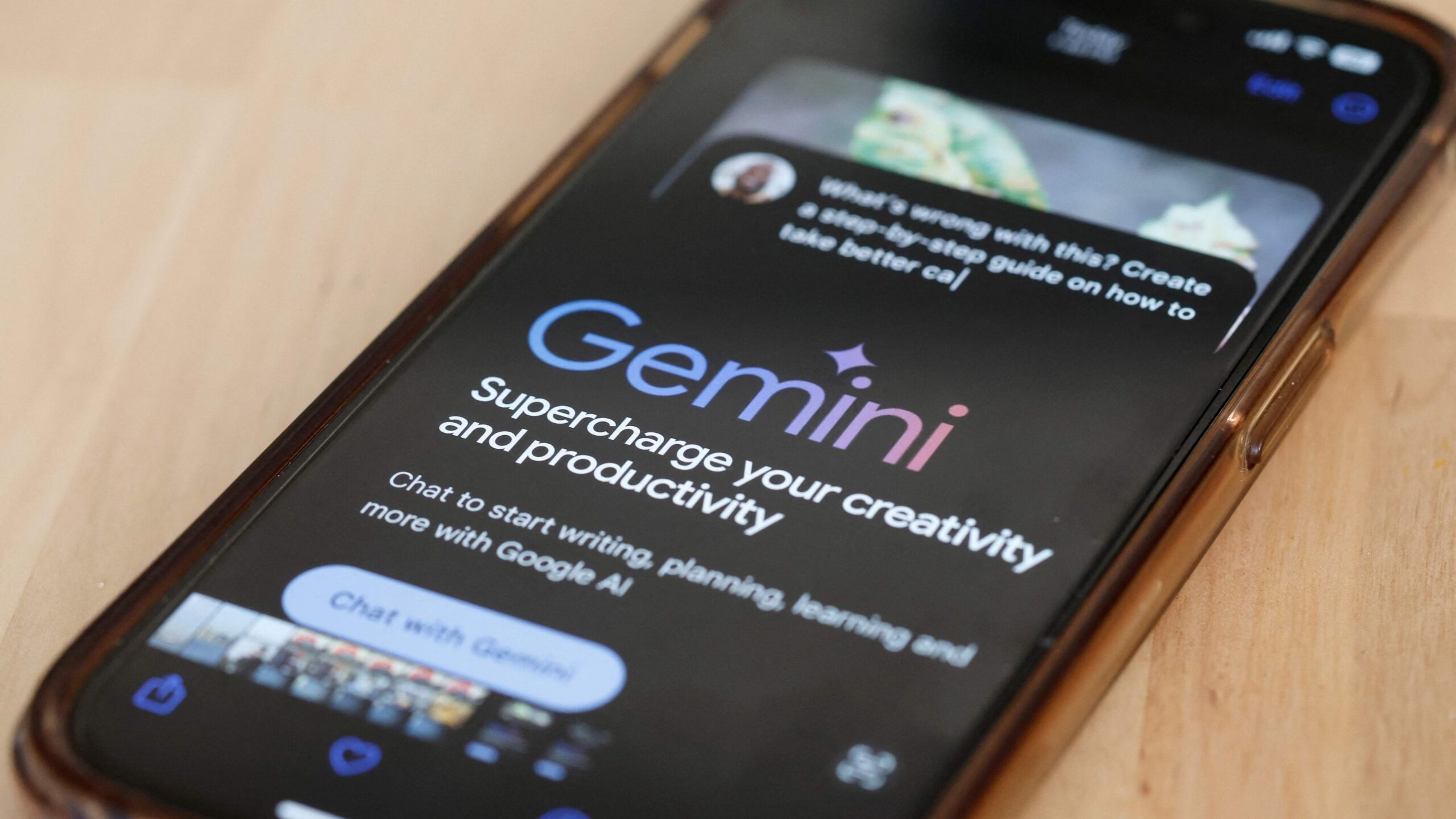Anthropic has introduced a new open-source tool called the Model Context Protocol (MCP), designed to streamline how AI systems connect with datasets. The tool offers a universal method for integrating AI assistants with various data sources, aiming to improve their ability to deliver accurate responses or complete tasks.
MCP sets itself apart by reducing the need for developers to write custom code for each data source. Alex Albert, Anthropic’s head of Claude relations, explains that developers can now integrate MCP once and “connect to data sources anywhere” using its standardized protocol. This could save significant time and effort compared to creating individual integrations for every dataset.
While OpenAI recently tested a feature allowing ChatGPT for Mac to work with select coding apps, MCP targets a broader range of AI systems and data sources. Anthropic’s tool supports a more universal application, allowing developers to work across diverse platforms without platform-specific constraints.
Here's a quick demo using the Claude desktop app, where we've configured MCP:
Watch Claude connect directly to GitHub, create a new repo, and make a PR through a simple MCP integration.
Once MCP was set up in Claude desktop, building this integration took less than an hour. pic.twitter.com/xseX89Z2PD
— Alex Albert (@alexalbert__) November 25, 2024
Anthropic reports that coding platforms like Replit, Codeium, and Sourcegraph have already adopted MCP to enhance their AI agents. These agents, which execute tasks autonomously for users, rely on seamless access to multiple datasets. MCP’s standardization makes it easier to integrate these systems, particularly as the industry moves toward agentic AI—AI that operates with greater independence and efficiency.
The company envisions MCP replacing fragmented, piecemeal integrations with a cohesive framework. Its announcement describes how the protocol allows AI systems to maintain context while switching between tools and datasets, supporting a more unified and sustainable architecture.
By eliminating the need for separate connectors for each data source, MCP could reduce technical barriers for developers and encourage the creation of more complex, context-aware AI solutions. Anthropic positions this tool as a step toward simplifying AI development while expanding its capabilities across industries.
Anthropic’s MCP is a practical step forward for developers. It removes a lot of the hassle of connecting AI to data and opens the door to creating more advanced, independent AI systems. By making it easier to manage complex datasets, MCP could help smaller teams compete with bigger players and bring new ideas to the table.






